On the second day of the Para Taekwondo competition for both men and women, people were talking about the women’s paralympic refugee team – specifically Zakia Khudadadi who lives in France, having fled her home country Afghanistan. She fled Afghanistan after the Taliban entered and took Kabul, the capital, in August 2021, while Zakia was training for the Tokyo Paralympic Games. For the Paris 2024 Olympic Games, 37 refugee athletes participated, not under a country’s flag, but under the special team of refugees, representing more than 120 million displaced people worldwide, 12 million with a disability. For the Paralympics, 8 refugee athletes and one guide runner will compete in the largest ever Paralympic Refugee Team (RPT). They are based in six countries and are competing in six disciplines at the Paris 2024 Paralympic Games: athletics, powerlifting, table tennis, taekwondo, triathlon, and wheelchair fencing. Zakia Khudadadi won a bronze medal in the 47-kilogram weight class, making her the first ever para-athlete to win a medal for the PRT. A former refugee, Kimia Alizadeh, who fled Iran and now has Bulgarian citizenship, also won a bronze medal in women’s Taekwondo at the Paris 2024 Olympic Games in the 57-kilogram weight class as a Bulgarian citizen. Taekwondo is a martial art in which competitors aim to strike, with their foot only, their opponent, aiming for the padded vest, called a hogu. They wear a white uniform called a dobok, with a tie belt, and a helmet even though the kick is intended to be a light touch. They do not wear shoes. They wear electronic sensor socks that register a hit and its location because points depend on where the contact was made. The Protector and Scoring System (PSS) features electronic sensors embedded into the protective gear and sensor socks that are wirelessly linked to the scoreboard. The PSS was first used in the London 2012 Olympics and Paralympics. So did instant video replays. Athletes get two points for a regular kick, three points for a turning kick, and four points for a spinning kick. Head kicks are not permitted, nor is grabbing, pushing, kicks below the belt, or stepping out of the octagonal shape. Corner judges can also allocate technical points. They have a joystick and press it for expertise in turning and spinning kicks. The joystick must be pressed within one second, which is transmitted to the electronic scoreboard. Excessive contact is not allowed and competitors can be penalized or disqualified if they injure an opponent to the extent that the person is unable to continue. The competition takes place on an octagonal shape over 3 rounds of 2 minutes each. The winner is the best of 3 rounds. The competition between the two individuals is over in about 10 minutes. This means that in a day of competition, several countries will be represented, making this an opportunity for spectators to see medals awarded each day over three days – 29 to 31 August 2024. I am working as a volunteer in Press Operations - in the Press Tribune Team - during the Paris 2024 Paralympics in the Grand Palais venue. Can’t see the whole article? Want to view the original article? Want to view more articles? Go to Martina’s Substack: The Stories in You and Me Photographer: Martina Nicolls You're currently a free subscriber to The Stories in You and Me . For the full experience, upgrade your subscription. |
Friday, 30 August 2024
A win for Zakia and sensor socks in Para Taekwondo
Subscribe to:
Post Comments (Atom)
Finnigans Wake – a challenge for the president to read – aloud
… a book few finish and almost no one masters … ͏ ͏ ͏ ͏ ͏ ͏ ͏ ͏ ͏ ͏ ͏ ͏ ͏ ͏...
-
thealchemistspottery posted: " "I shall pass through this world but once.If therefore, there be any kindness I can sho...
-
Stimulate the body to calm the mind Cross Fit for the Mind The Newsletter that Changes the Minds of High Performers If overstimulation is th...

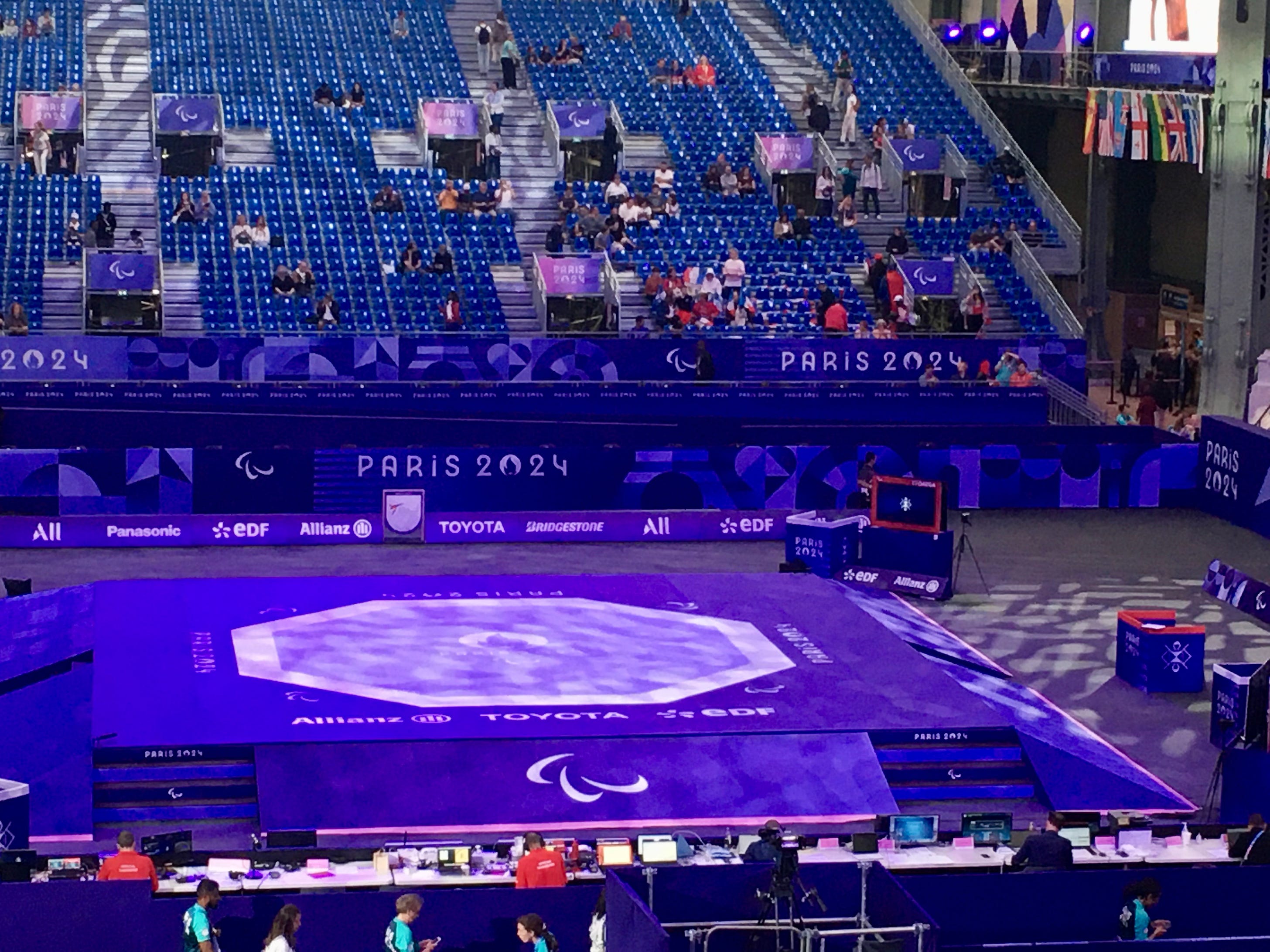
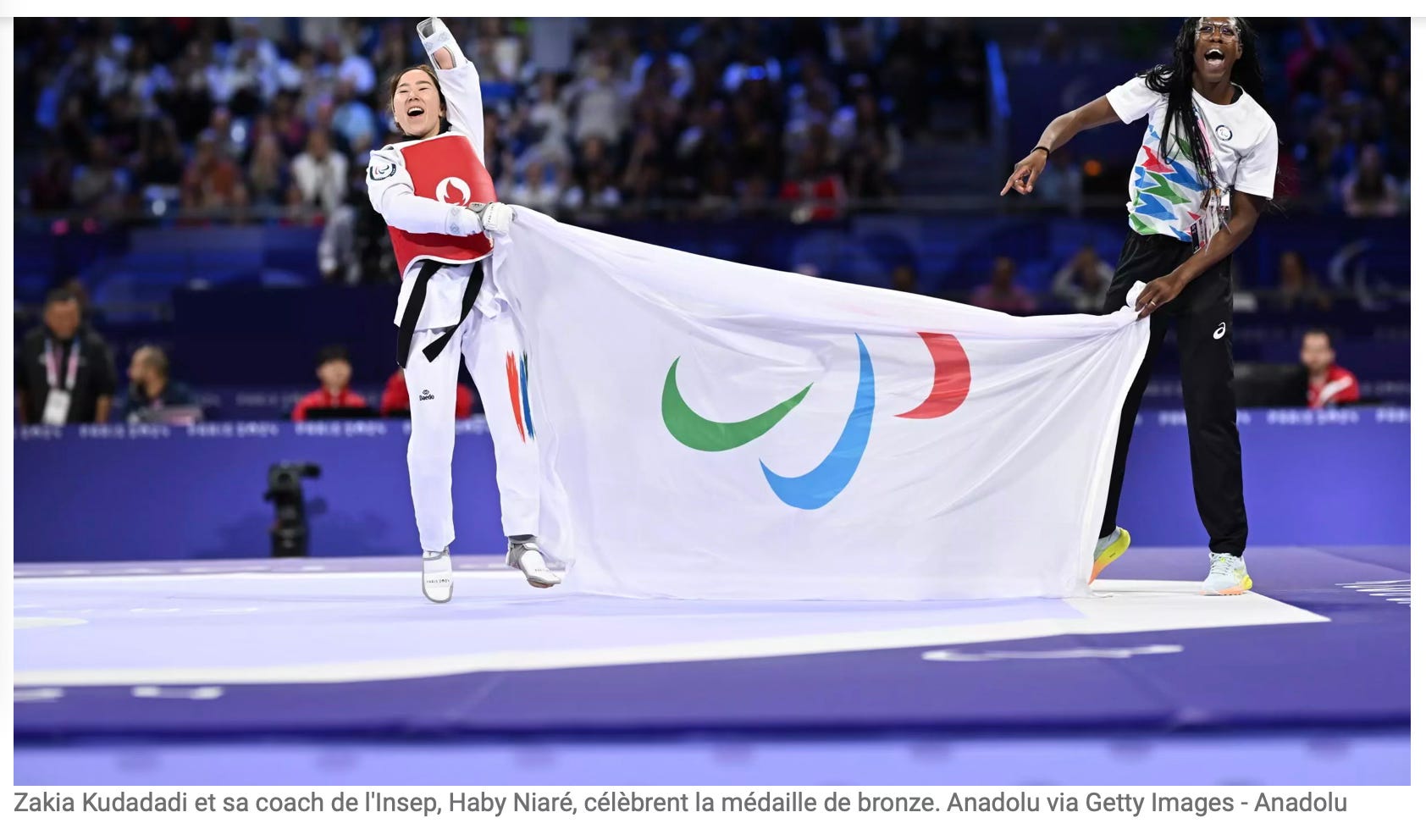
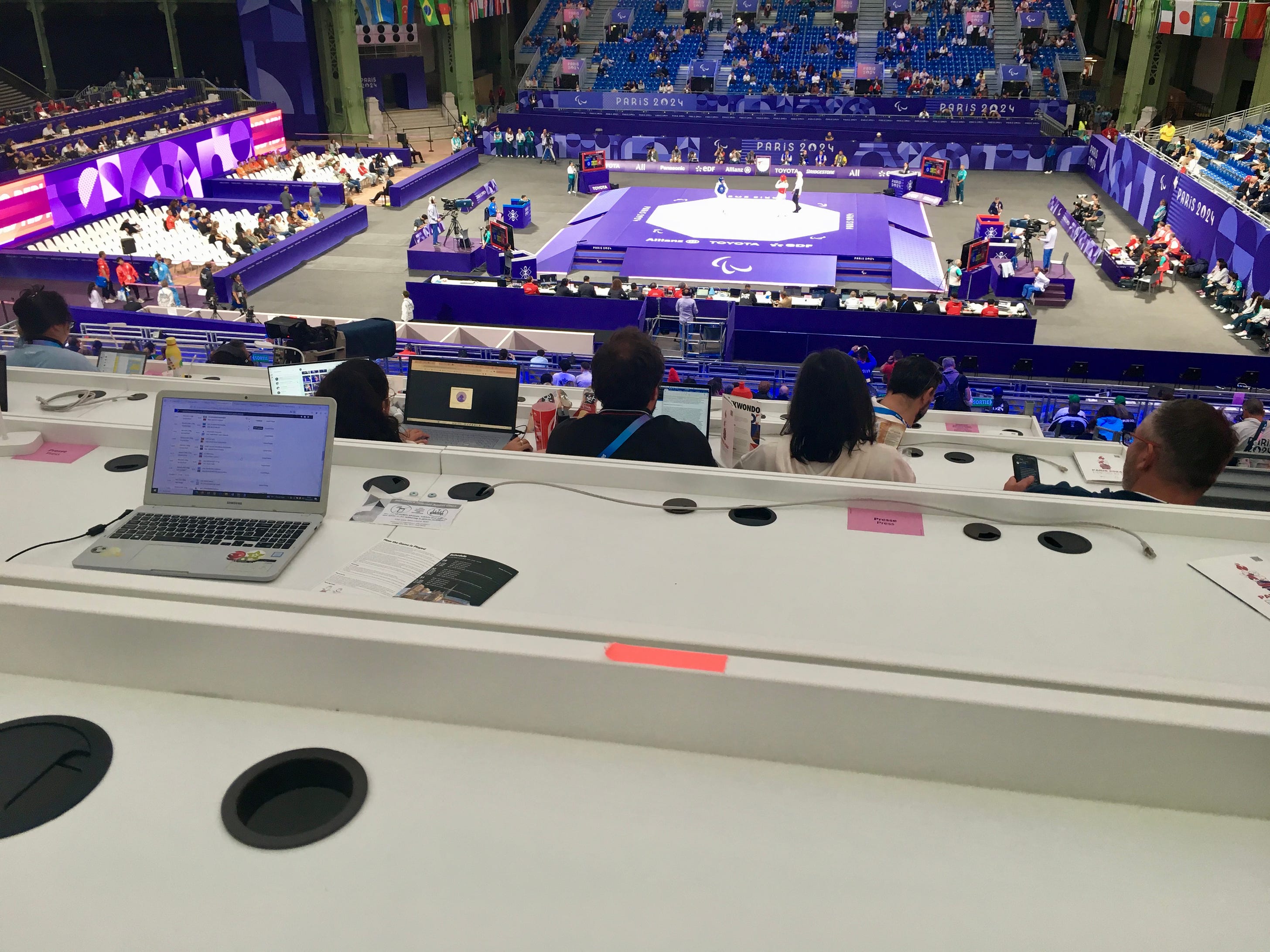
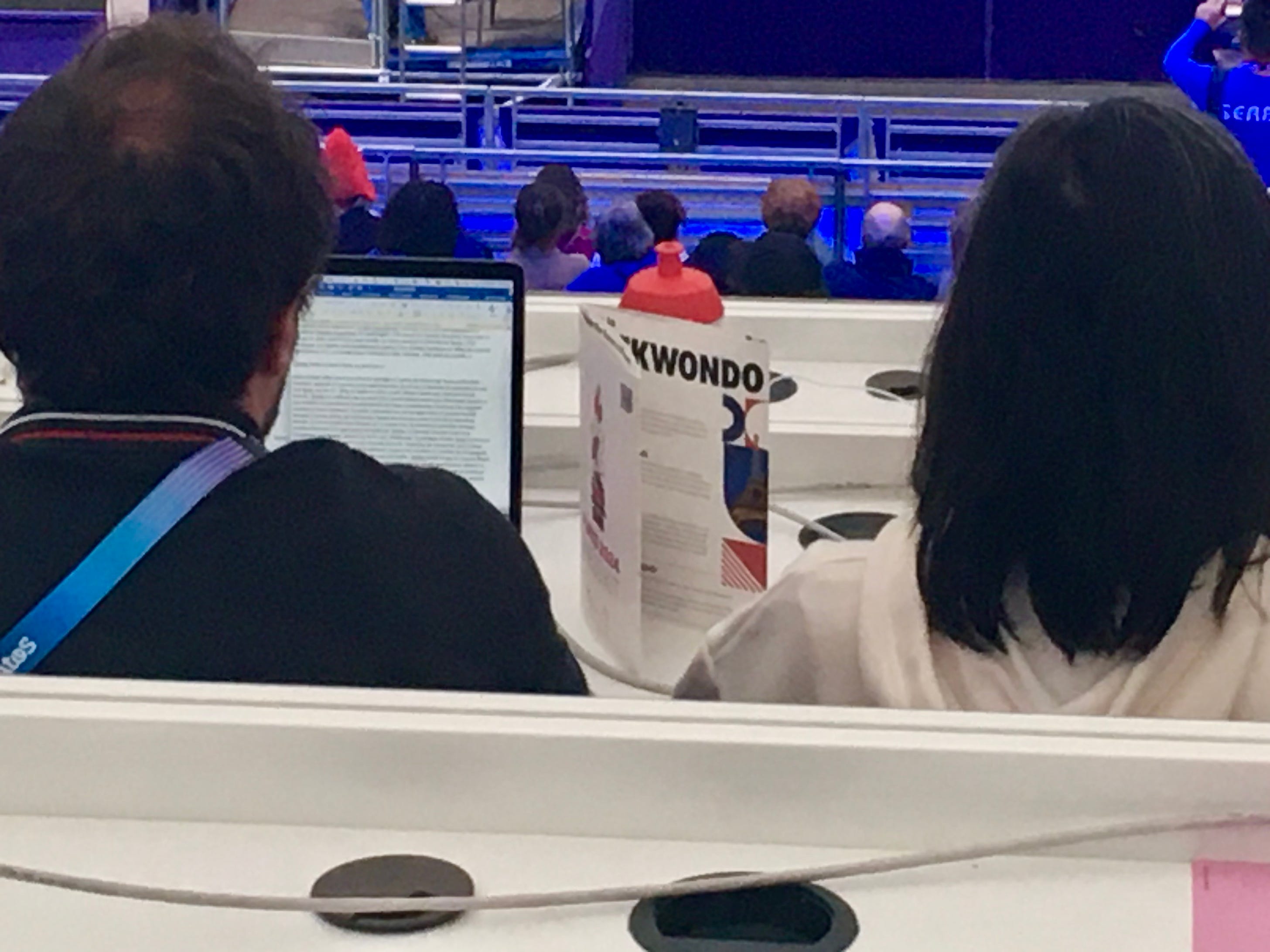
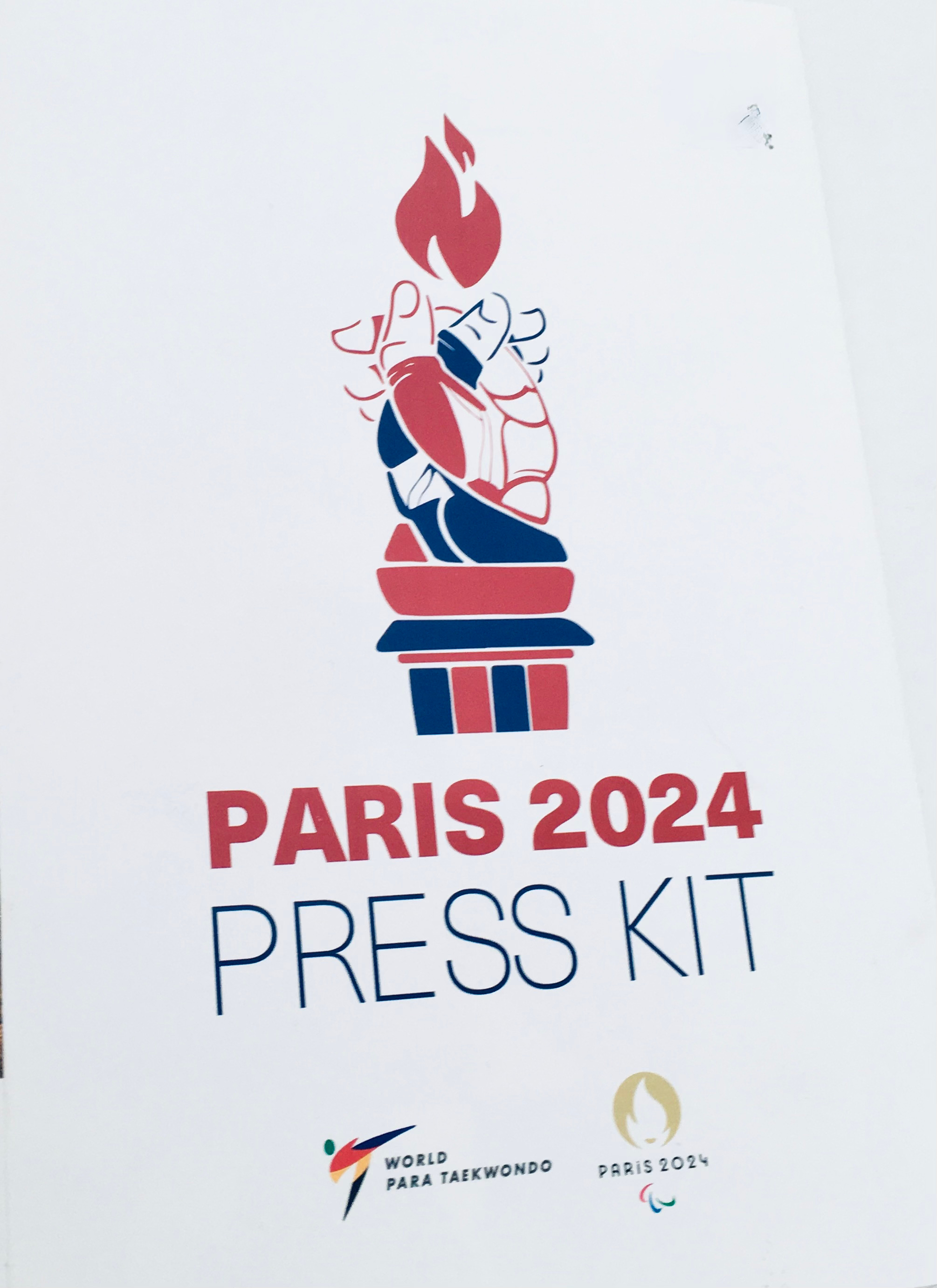
No comments:
Post a Comment